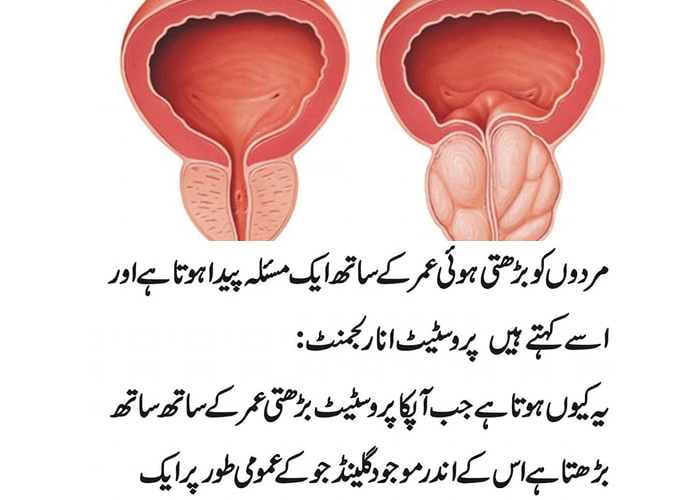Introduction
Taking care of your teeth is about more than just having a bright smile. Regular dental cleanings are a crucial part of maintaining overall oral health and well-being. They help prevent dental issues that can lead to serious health problems if left untreated. In this article, we’ll explore why dental cleanings are vital and how they contribute to your overall health.
The Basics of Dental Cleanings
What Happens During a Dental Cleaning?
During a dental cleaning, a dental hygienist or dentist will remove plaque and tartar from your teeth, polish them, and sometimes apply a fluoride treatment. This process typically involves the use of specialized tools to clean areas that are difficult to reach with regular brushing and flossing.
How Often Should You Get a Dental Cleaning?
Most dental professionals recommend getting a dental cleaning every six months. However, the frequency may vary depending on your individual oral health needs. Some people might need more frequent cleanings due to certain health conditions or a predisposition to gum disease.
Preventing Gum Disease
What is Gum Disease?
Gum disease, also known as periodontal disease, is an infection of the tissues that hold your teeth in place. It’s usually caused by poor oral hygiene, which leads to plaque buildup. If left untreated, gum disease can lead to tooth loss and other serious health issues.





How Dental Cleanings Help
Regular dental cleanings help prevent gum disease by removing the plaque and tartar that cause it. Cleanings also allow your dentist to detect early signs of gum disease and provide treatment before it progresses.
Keeping Cavities at Bay
The Role of Plaque and Tartar
Plaque is a sticky film of bacteria that forms on your teeth. If it’s not removed through regular brushing, flossing, and dental cleanings, it can harden into tartar. Tartar buildup can lead to cavities by creating an environment where bacteria can thrive and erode your tooth enamel.
Prevention Through Cleanings
Dental cleanings remove plaque and tartar, significantly reducing your risk of developing cavities. Additionally, your dentist can identify early signs of decay during cleanings and take steps to prevent further damage.
Detecting Oral Health Issues Early
Importance of Early Detection
Many oral health problems, such as cavities, gum disease, and oral cancer, develop gradually and without noticeable symptoms in their early stages. Early detection is key to effective treatment and prevention of more serious issues.
The Role of Your Dentist
During a dental cleaning, your dentist will examine your mouth for signs of potential problems. Regular check-ups ensure that any issues are caught early, making treatment easier and more effective.
Improving Overall Health
Connection Between Oral and General Health
Your oral health is closely linked to your overall health. Poor oral hygiene and untreated dental issues can lead to systemic problems such as heart disease, diabetes, and respiratory infections.
Reducing Health Risks
By maintaining regular dental cleanings, you can reduce the risk of developing health problems associated with poor oral hygiene. Clean teeth and healthy gums contribute to better overall health and a higher quality of life.
Boosting Confidence and Self-Esteem
The Impact of a Clean Smile
A clean, healthy smile can boost your confidence and self-esteem. When you feel good about your teeth, you’re more likely to smile and engage confidently in social situations.
Psychological Benefits
Regular dental cleanings help maintain a bright and attractive smile, which can have positive psychological effects. Feeling good about your appearance can improve your mood and overall mental health.
Preventing Bad Breath
Causes of Bad Breath
Bad breath, or halitosis, is often caused by the buildup of plaque and tartar on your teeth and tongue. Bacteria that thrive in these conditions produce foul-smelling compounds.
Keeping Your Breath Fresh
Dental cleanings effectively remove the plaque and tartar that cause bad breath. Regular cleanings, along with good oral hygiene practices at home, can help you maintain fresh breath and avoid social discomfort.
Saving Money in the Long Run
The Cost of Neglect
Neglecting regular dental cleanings can lead to serious dental issues that require costly treatments. For example, treating advanced gum disease or tooth decay can be expensive and time-consuming.
Investing in Prevention
Regular dental cleanings are an investment in your oral health. By preventing serious dental problems, you save money on expensive treatments in the long run and ensure your teeth stay healthy for years to come.
Maintaining a Whiter Smile
Combatting Stains
Everyday activities like drinking coffee, tea, or red wine can stain your teeth. Over time, these stains can dull your smile and make your teeth appear less attractive.
Benefits of Professional Cleaning
Professional dental cleanings help remove surface stains and polish your teeth, giving you a brighter and whiter smile. Regular cleanings help maintain the whiteness of your teeth and boost your confidence.
Supporting Long-Term Dental Health
Establishing Good Habits
Regular dental cleanings reinforce the importance of good oral hygiene habits. Visiting the dentist regularly encourages you to take better care of your teeth at home.
Lifelong Benefits
By maintaining regular dental cleanings, you set the foundation for long-term dental health. Healthy teeth and gums are essential for enjoying a lifetime of good oral health and avoiding painful and expensive dental problems.
Conclusion
Dental cleanings are a vital part of maintaining your oral well-being. They help prevent gum disease, cavities, and other dental issues, and contribute to your overall health. Regular cleanings also boost your confidence, keep your breath fresh, and save you money in the long run. By prioritizing dental cleanings, you invest in a healthier, happier future for your teeth and overall well-being.






